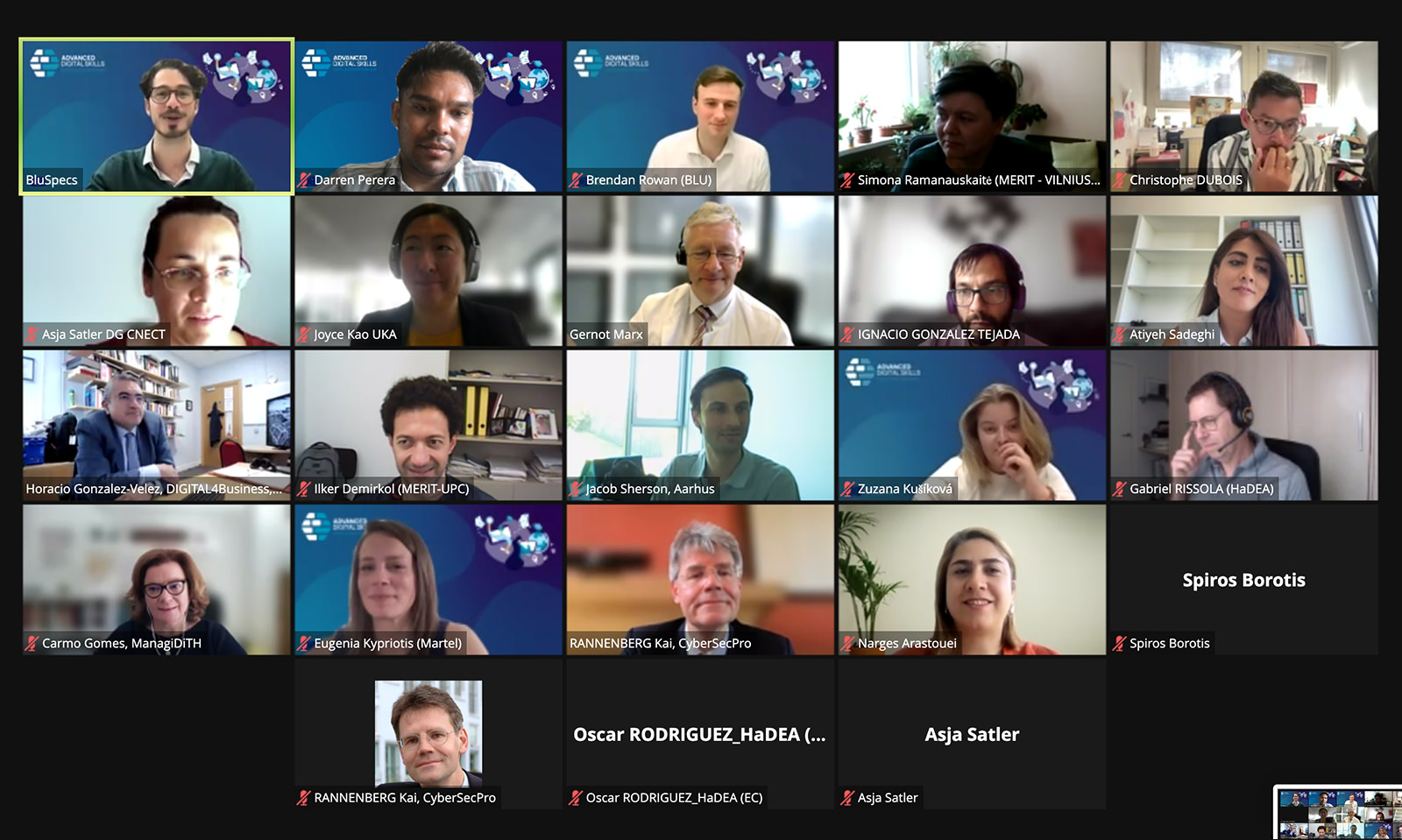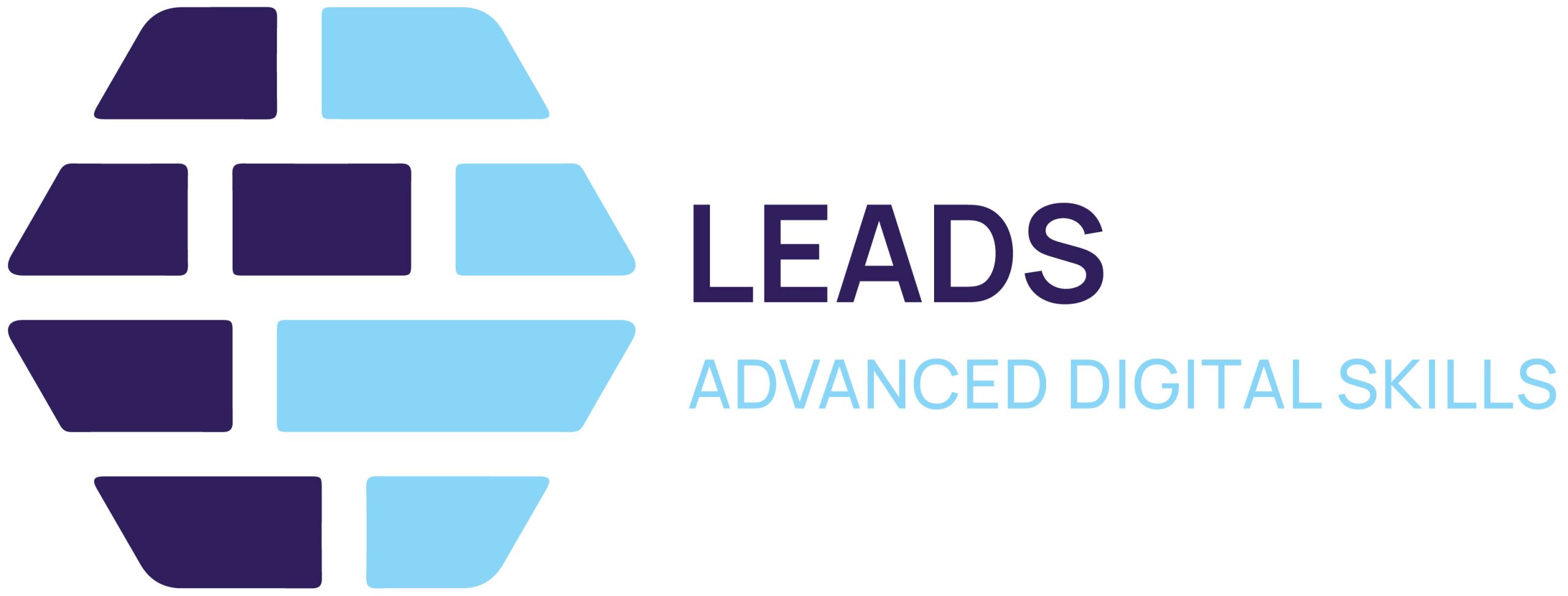European Commission (EC) Receives an Update on Future-Ready Digital Skills and Gap Analysis during the coordination meeting.

Yesterday, the LEADS consortium partners and SPECIALISED projects convened with the European Commission (EC) in a coordination meeting aimed at updating the EC on the progress and research findings of the LEADS project. Brendan Rowan, the Lead Project Coordinator for LEADS, delivered a comprehensive presentation outlining the current state of the project and its key findings.
During the meeting, representatives from each of the SPECIALISED projects also provided updates on the status of their respective initiatives. The discussions covered a wide range of topics, including existing programs, market scenarios, and the demand for specific skills in the industry up to 2030.
LEADS focuses on translating technology adoption and market dynamics into advanced digital skill requirements.
The analysis is based on data provided by IDC, which tracks specific use cases worldwide, focusing on Europe. Statistical data and a survey conducted in April with over 800 respondents from large and small organisations in the EU further complement the analysis. The LEADS project tracks 150 use cases across various domains, including cloud, IoT, cybersecurity, AI, and quantum.
The project’s deliverables, including the advanced skills dashboard, can be accessed on the website advancedskills.eu. The dashboard provides a wealth of data for exploration and analysis. The analysis reveals significant changes in skills demand, with the highest growth expected in areas such as AI application development and cloud infrastructure.
Insights from the ongoing survey conducted by LEADS indicate that organisations face challenges finding the necessary talent. Surprisingly, the study shows that it is not solely about talent scarcity, but rather the struggle to find individuals with both work experience and professional qualifications.
Regarding talent acquisition strategies, many organisations in the quantum, AI, and data domains are focused on hiring new staff. On the other hand, reskilling within the organisation is considered more important in the areas of security and data intelligence.
The LEADS initiative and SPECIALISED projects continue to make significant strides in their research and analysis, providing valuable insights into the evolving landscape of skills and technology. The meeting with the European Commission served as a platform for sharing these findings and fostering collaboration between the project and policy stakeholders.
